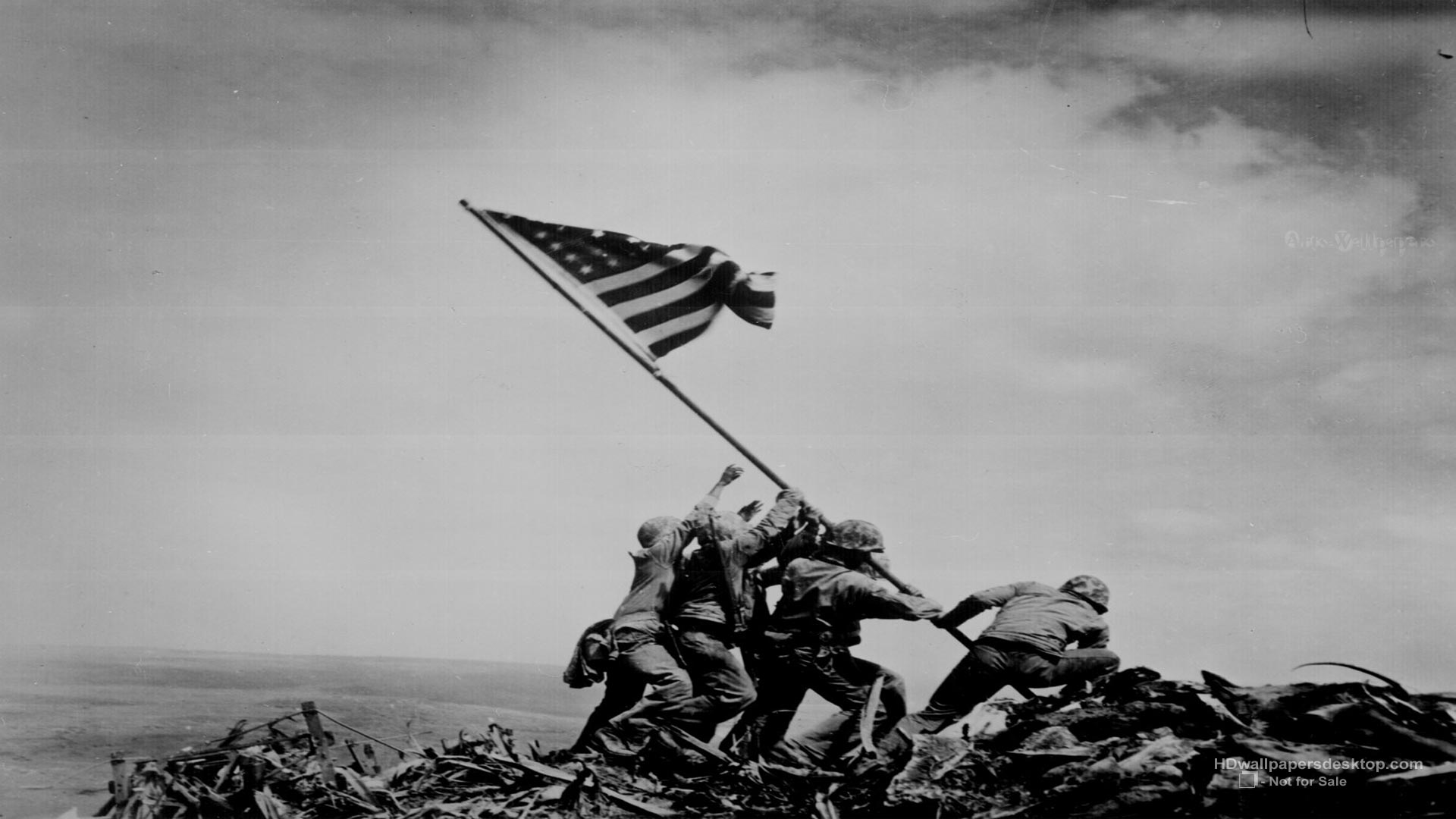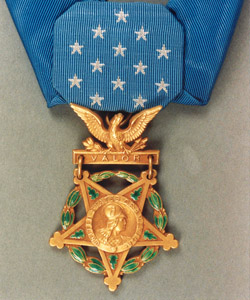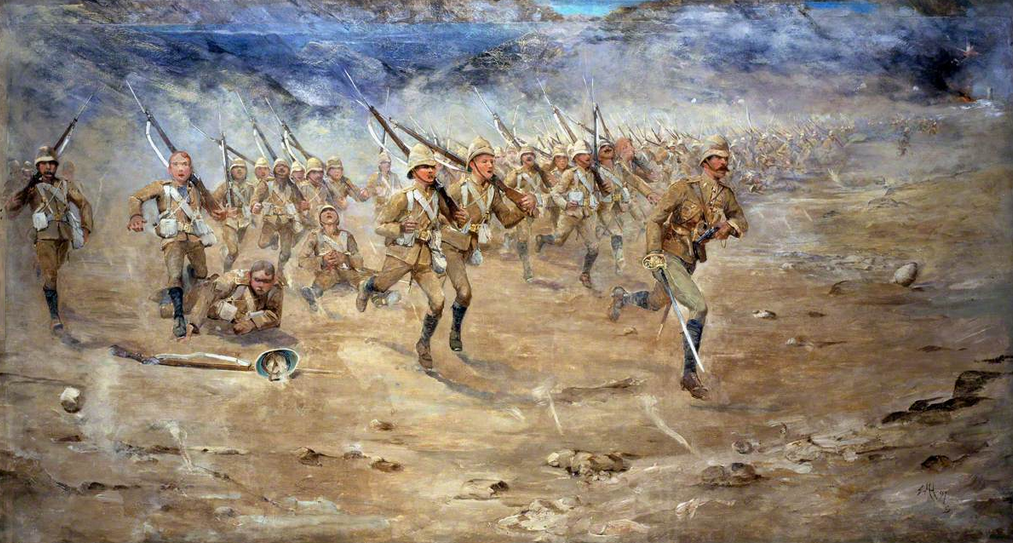We live in interesting times. Sadly, they are not really good times, though perhaps that is beginning to change in some regards. I am reminded of October 1989, when we were still talking about East and West Germany, and then suddenly, a week into November of that year, the Berlin Wall came down. At the same time, our military focused their efforts on stopping the Soviet threat. I remember flashcards of various Soviet planes, tanks, etc., that our military would use to immediately identify enemy equipment. We could look at a flashcard of a particular tank and immediately know it was a T-72. Then…poof! The Soviets were gone and the Russians were our friends. I just mention that to point out that history has a way of turning on a dime.
So yeah, we live in an emasculated Western Culture, where true heroism seems dormant, while whiny, girly attitudes are often held up as being somehow admirable. Hopefully, that tide is turning and effeminates are being recognized for what they are, less than men. In turn, our prayer is that true manliness and heroism will rise to the forefront once again.
Of course, we always have true heroes amongst us, and it is not my point that there are no true men left, but in a culture that abhors manly virtues, those stories are often marginalized and ignored.
I look back on those great men that lived in earlier eras, and I notice that their heroism, both individually and collectively, was often lauded in song.
Consider the story of Ira Hayes, one of those American Marines who raised the flag on Mount Suribachi on Iwo Jima in World War II. No one denies that Hayes battled his own personal demons, including alcoholism, but he was a man. He fought and bled for his people, both on his Indian Reservation and for his Country. And while we do not ignore his foibles, he is still remembered as a hero. No less a musician than Johnny Cash importalized him in song:
One final thought on Hayes – it is often considered that he suffered from PTSD after his battle experiences, and coupled with his desire to “be back with his men” in battle, rather than touring around to raise war bond money helped lead to his alcoholism.
But he is not the only person or group remembered musically. How about Andrew Jackson and his men who fought the British in New Orleans at the end of the War of 1812 (the war had actually already ended, but they did not know yet)? Outnumbered over 2:1, the Americans inflicted the most one-sided loss of the war. Those brave men became the subject of a popular song from 1959, as Johnny Horton humorously reminded us of the exploits and how American grit and ingenuity won the day:
How about other great heroes, like Davy Crockett?
My point here is that heroes are often given a historical musical treatment, wherein future generations are able to remember the things these men did in the face of terrible odds, experiencing heartache and pain, in order to do what was right. So when we look around today, do we see the people being pushed by mainstream media as anyone worthy of a song?
What about David Hogg? I am not sure that trying to subvert the US Constitution and arranging for idiotic protests like the “Die In” at a Publix store, where teens pretended to be dead by lying on the ground (some playing on their phones, as dead folk are wont to do) would qualify for a song treatment, but if it is, I would suggest this one:
So here is where the rubber meets the road. What about you and those with whom you surround yourself? Are you the type of Man of the West that might encourage good, manly songs in the future? Even if those songs never come about, are you doing something that would be worthy of it?
If not, why not? It is high time for manliness to be celebrated in the West again. It is time for heroes to rise up and be recognized for their sacrifices. It is time for men to do things worthy of a song.

Will They Write Songs About You?
1 Comment
Leave a Reply
Latest from Culture

Dangerous Left Wing Rhetoric
On Saturday, July 13, 2024, an assassin came within inches of murdering Donald Trump on a live broadcast. Democrat talking heads immediately split into two camps: some said Trump staged the shooting

Movie Review: Streets of Fire
Underrated. Yes, the acting is forced, the lines are flat, the sets limited, but it makes up for it by being awesome. It's more of a modern Western than anything.

Calvin Coolidge on Independence Day
Speech Given July 1926 We meet to celebrate the birthday of America. The coming of a new life always excites our interest. Although we know in the case of the individual that

Edward the Black Prince
"Valiant and gentle...the flower of all chivalry in the world at that time.”

The Weimar Years – Part 5
Summary of the German Revolution, 1918-1919.




Then out spoke brave Horatio, the Captain of the gate
To every man upon this earth, death cometh soon or late
But how can man die better than facing fearful odds
For the ashes of his fathers and the temples of his gods…